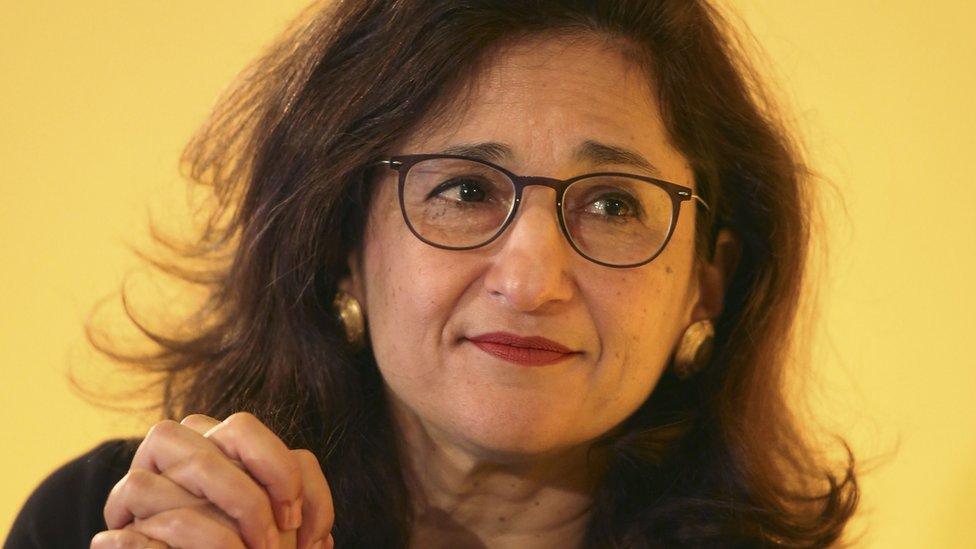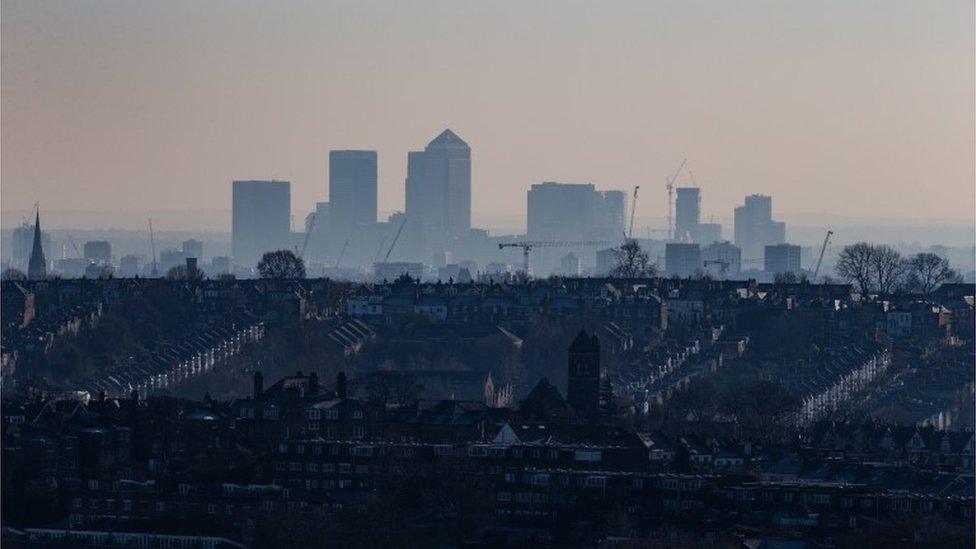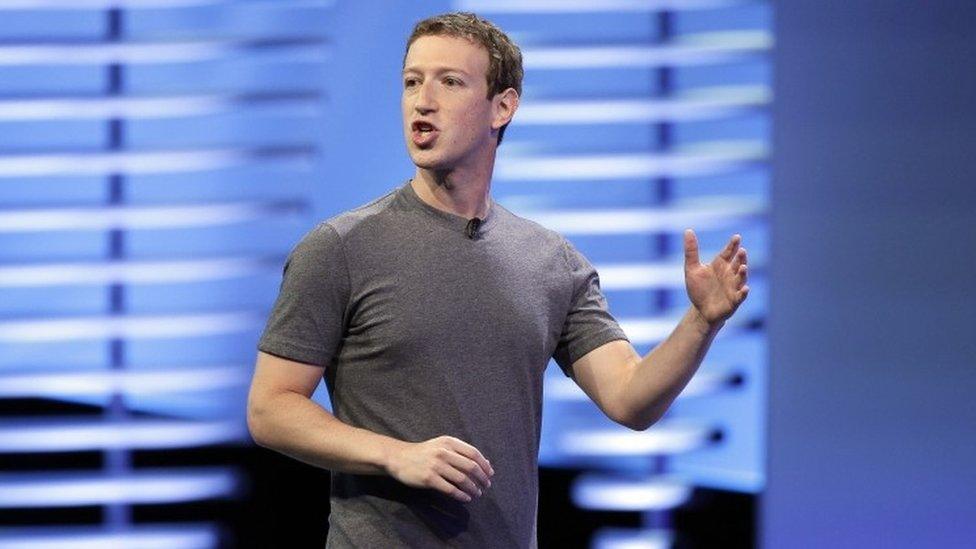Don’t trust experts? Bank of England urges you to think again
- Published
- comments

Take a tweet about UK economic growth - one I'm pretty sure I have written: "BoE forecasts growth of 2%".
Pretty simple. And true, to an extent, when the Bank of England made its prediction about how the UK economy would perform last year.
But not quite the full picture.
To see that, Minouche Shafik, deputy governor of the Bank of England, says that the tweet (or series of tweets given the 140 character rule) following the BoE economic forecast should actually read:
"If economic circumstances identical to today were to prevail on 100 occasions, the best collective judgment of the Monetary Policy Committee is that the mature estimate of Gross Domestic Product growth would lie above 2% on 50 occasions and below 2% on 50 occasions."
That doesn't readily fit in a headline.
Ms Shafik has - rather bravely some might say - laid out the case for experts in a world where those that shout loudest claim they see no need for them.
Road to redemption
In a speech to the Oxford Union tonight - her last before she leaves the Bank to join the LSE - she admits that experts need to first recognise and admit to the public where they made the wrong call.
The road to redemption always starts with forgiveness.
"The turning point was probably the 2008 financial crisis which was seen as a failure of mainstream economists as well as of the 'establishment' more generally who had previously touted the benefits of a system that came crashing down on the heads of ordinary people," she said.

That was followed in rapid succession by the Eurozone crisis ("perceived by some as an elite project that had painful consequences for the public at large") and misconduct allegations against banks on issues such as Payment Protection Insurance and foreign exchange and interest rate manipulation ("which only strengthened the suspicion that the system is rigged in favour of the rich and powerful").
Ms Shafik does not deal directly with the Bank's predictions before the referendum that there could be a significant slowing in UK growth if the country voted Brexit - but the points she makes about the need to admit uncertainty more readily, speaks to that issue.
Scepticism about "experts" is the result, she argues.
Risks ahead
And that fuel is then mixed with the accelerator that is technology.
Social media allows more and more people to enjoy a life surrounded by the soft comforts of a filter bubble, a self-reinforcing echo chamber of increasingly aggressive and partisan views that brook no dissent.
Or attack different opinions as being suspect - even when based on solid evidence.
Mix in a liberal sprinkling of "the end of the age of deference" and the post-truth world emerges.
Risks lie ahead, Ms Shafik says.
"Getting this right is vital for determining whether our futures are shaped by ignorance and narrow-mindedness, or by knowledge and informed debate," she says.
Deep knowledge
Before urging experts to speak more simply in an effort to regain trust for what is, she suggests, the only way to solve the major global challenges we face - believing expert-led solutions and guidance are necessary.
Talk about "prices and jobs" rather than "inflation and employment".
"It is not surprising that many decisions have been delegated to experts - by which I mean those who have invested time to develop a deep knowledge of a particular subject, usually with credentials and ongoing professional development to maintain their skills," she argues.
She is saying that the great leaps forward in health and global wealth creation are based on an expert, technocratic analysis of the problem and the development of ways to tackle the issue.
"There is considerable evidence [for example] that countries that have given central banks greater independence [from politicians] have been more successful at maintaining low and stable inflation."
What is to be done, beyond experts becoming better at explaining what they do?
Technology companies, Ms Shafik argues, should build tools to allow a wider dissemination of a wider range of views.
And clear flags and alternative viewpoints for content that is disputed.
In this, she has a ready-made supporter in Mark Zuckerberg, who told me he wanted to see a similar break up of people's filter bubbles with more nuanced search algorithms that offer a broader set of opinions.

Ms Shafik quotes Bertrand Russell, who once said: "The whole problem of the world is that fools and fanatics are always so certain of themselves, but wiser people so full of doubts."
We cannot tweet our way to a better world - unless those tweets, Ms Shafik argues, are a lot longer.